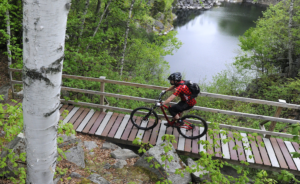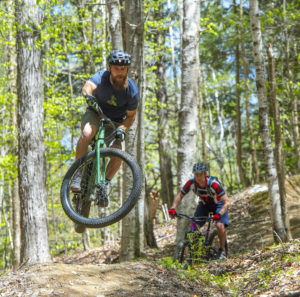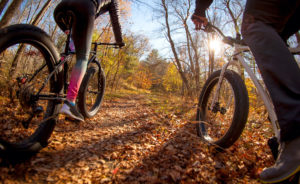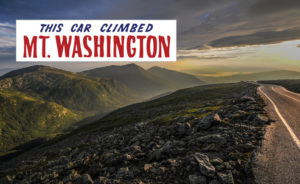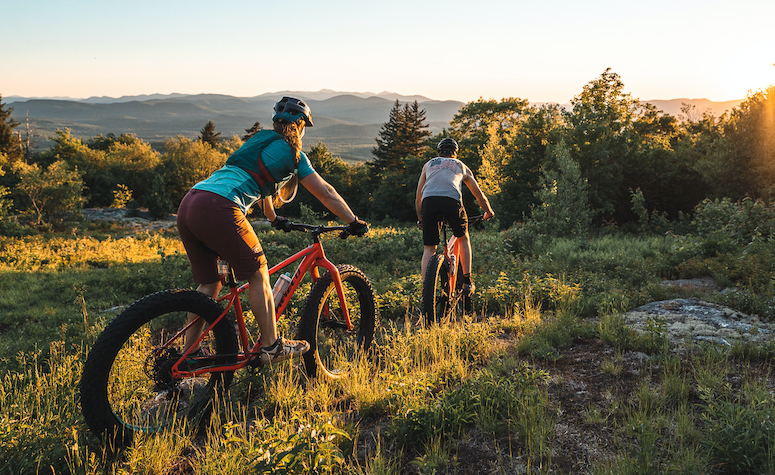
With gas prices rising above $5 a gallon in some places in late May, the thought of driving nearly 200 miles probably left many feeling like they were out of fuel themselves.
Not Chris Scott. Not when it comes to mountain biking. Not when there’s an opportunity to ride on scenic, challenging trails.
The Amesbury, Mass., resident gladly will fill his tank for the chance to drive to one of his favorite destinations: two-and-a-half hours north to Vermont, home of the Kingdom Trail Association, or three hours to Sugarloaf Mountain Resort in Maine.
“If you’re really into biking, the ride is nothing,” Scott said. “You’re just looking forward to getting there.”
